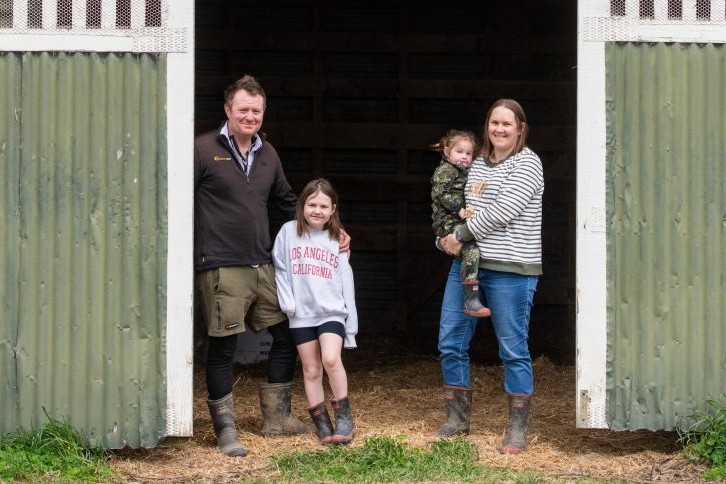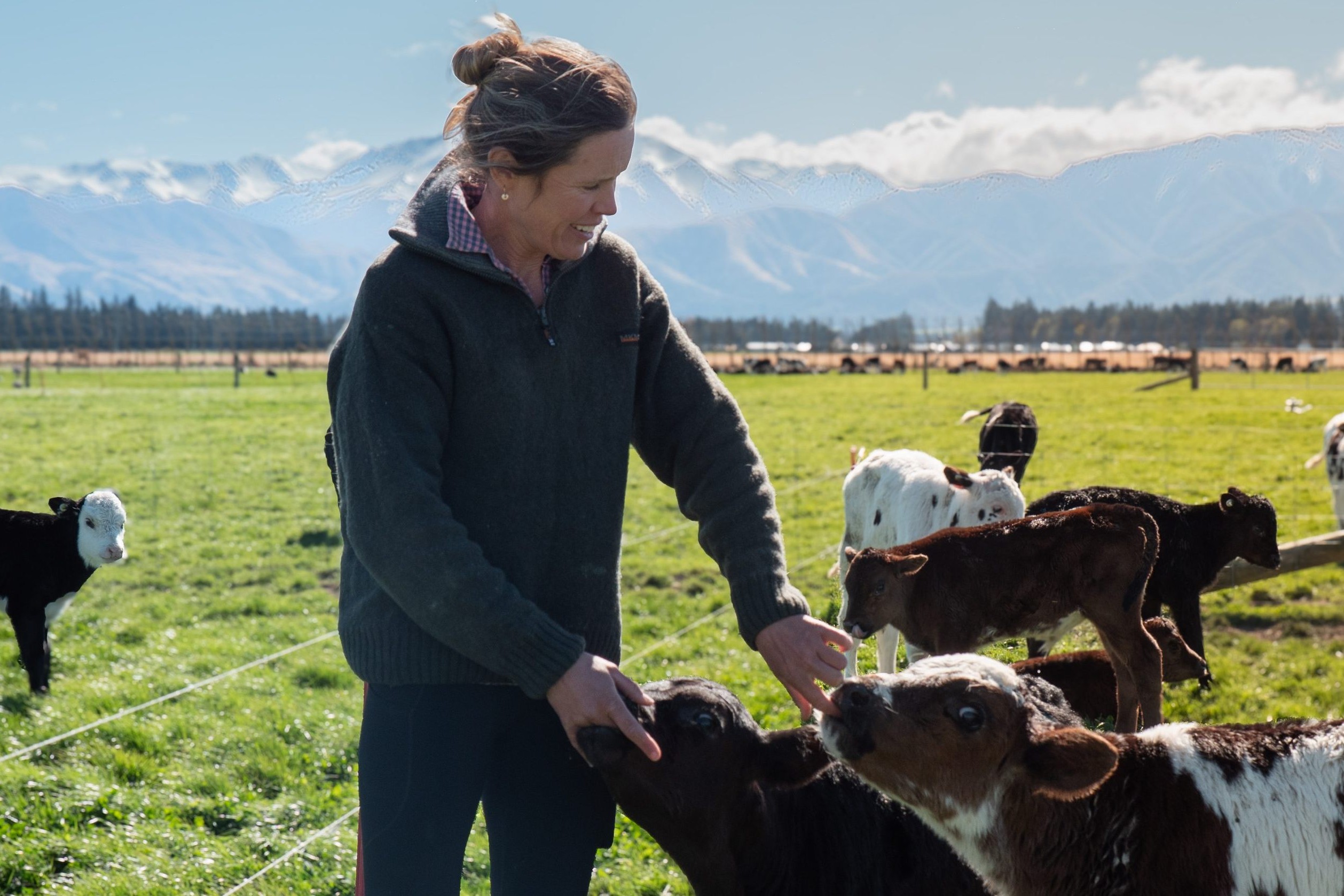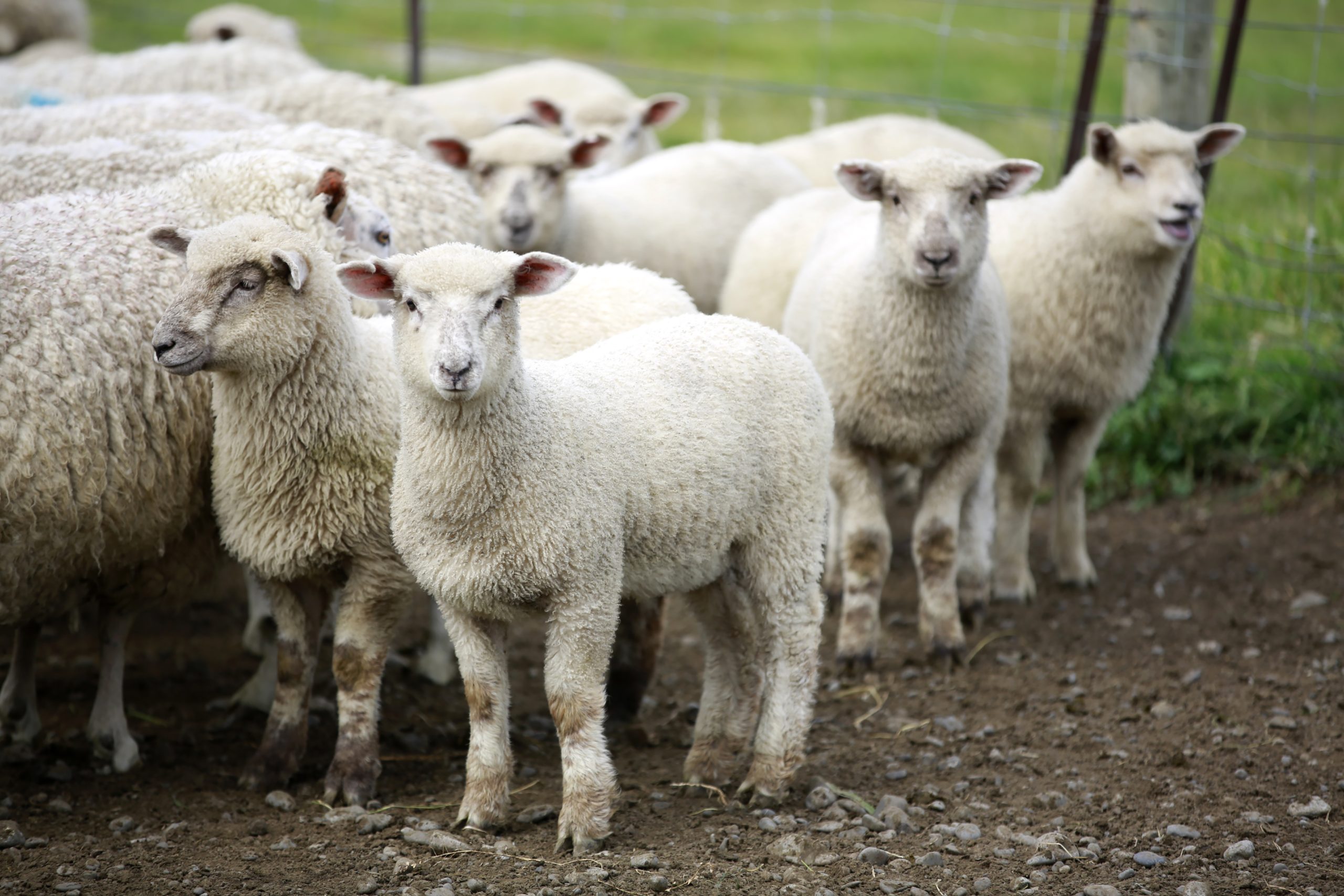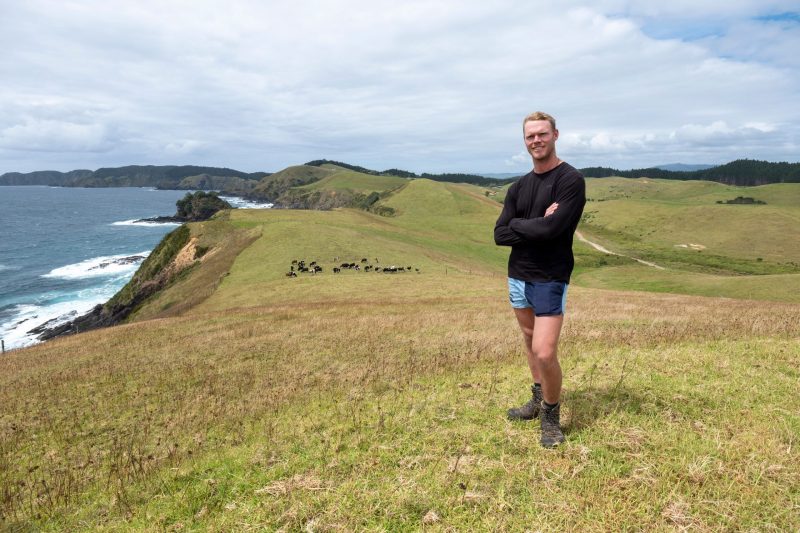Diseases affecting pregnancy
Zoonotic diseases, acquired from livestock among other sources, are a risk to women in pregnancy, writes vet Sara Sutherland.
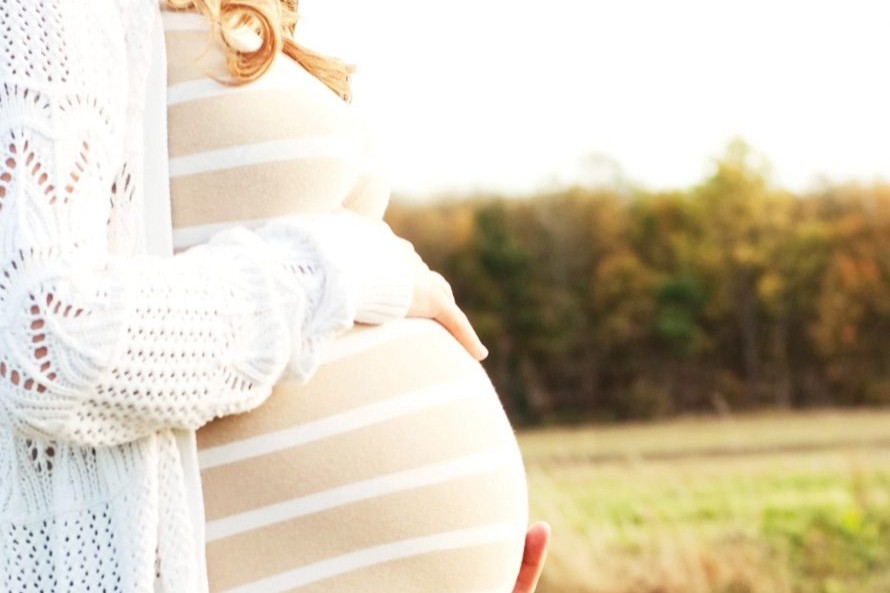
Zoonotic diseases, acquired from livestock among other sources, are a risk to women in pregnancy, writes vet Sara Sutherland.
I don’t know if they still do, but one of the pamphlets pregnant women used to receive said, after the long list of foods to avoid, “avoid handling sheep”.
I believe this is based on diseases that are not present in New Zealand – particularly Q fever and Enzootic Abortion of Ewes (Chlamydia abortion). So what are the diseases that you should worry about if you’re pregnant and want to keep working on sheep and beef farms?
Miscarriage is very common, seldom talked about, and very distressing. Each woman will have a different tolerance of risk to her pregnancy. With my first pregnancy I felt like all the advice around diet was over the top and didn’t take it seriously. After I lost that pregnancy at 10 weeks I took it all very seriously the next time around.
Some people will read this article and say “I handled mouldy silage and scouring calves every pregnancy and never had a problem!” and that’s fine.
I know people who shore sheep until they were eight months along. Some people choose to avoid any risk and don’t want to help with lambing or calving and that’s fine too – we shouldn’t judge people for their caution. But I get a lot of questions from women who want to stay active on the farm during pregnancy and want to know what sensible precautions they should take.
The toxoplasmosis threat
The disease I probably get the most questions about is toxo. Toxoplasmosis is probably the most common cause of sheep abortion in NZ. That is because stray cats are everywhere – even if you don’t see them and have a “shoot on sight” policy they are probably on your farm.
The adult form of toxo lives in the cat and toxo eggs (oocysts) are shed in cat poo. These take a week or 10 days to become infectious. Then they hang around in the soil for a long time waiting for a mouse, sheep or any other animal (including human) to pick them up.
Where are you most likely to pick up toxo eggs? Digging in the garden (or any other soft dirt) without gloves – chances are a stray cat has probably pooped there in the past couple of years. Once a mouse, sheep, or a human has picked up the microscopic egg these spread through the body but don’t do any damage because the animal’s immune system clamps down on them.
The immune system can’t kill the developing toxo but it can confine it to little tiny microscopic cysts where the organism stays dormant and doesn’t do any harm (although there is some interesting research on behaviour changes). Once that mouse, or sheep (hopefully not human) is eaten by a cat the organism breaks out of the cyst and finishes developing.
If it is eaten by something that is not a cat, the organism breaks out of the cyst and spreads through the body and gets clamped down by the immune system again. So there is a small risk of getting toxo from eating undercooked meat. You can’t see these cysts so you would never know. If the sheep (or human) is pregnant when they pick up toxo, the organism spreads through the body including the uterus and placenta – but the placenta is safe from the immune system (otherwise our immune system would reject the foetus) so there is nothing to clamp down on the organism and it can spread and kill the foetus.
So if the sheep was already exposed to toxo (by vaccination for example) the immune system is primed to recognise and clamp down on the organism and it doesn’t get a chance to get to the uterus. There is no vaccine for humans but you can get a blood test that tells you whether you have been exposed to toxo – if antibodies are high already your risk is much lower. Remember that you can get toxo abortions in ewes in vaccinated flocks – usually this is not due to vaccine failure but because there is so a lot of toxo around that the immune system can’t clamp down on all of them.
In summary – to avoid toxo if you are pregnant, especially if you have low antibodies, you should avoid digging in the dirt without gloves, handling aborted foetuses and afterbirths, avoid eating uncooked meat and avoid eating lamb brains or afterbirths (or eating mice) unless very well cooked.
Avoid aborted foetuses
Other diseases that cause abortions in sheep – campylobacter, salmonella brandenburg in the South Island, and sporadic causes of abortion such as listeriosis – can also cause miscarriage in humans. So in general you should probably avoid handling aborted foetuses.
You hear a lot when pregnant about avoiding raw milk and soft cheeses because of the risk of listeriosis. Listeria is a common organism in soil and most of the cases of listeria contamination of cheese are due to post-harvest contamination (not because of it being in the milk). Listeria can be an issue in silage, especially silage that is mouldy or poorly fermented. Avoid handling mouldy or badly conserved silage, and perhaps consider wearing gloves each time you handle silage.
Leptospirosis
Leptospirosis is just as serious if you are not pregnant – a good case of lepto you have a bad flu and are off work for four to six weeks, a bad case of lepto you are never able to farm again. This is one disease you should take seriously. This disease can cause deaths or abortions in sheep and cattle (and deer).
Animals that have recovered from lepto can still shed the bacteria. The bacteria lives in the kidneys and spreads by urine. You can catch it from getting in contact with urine (in a race with cows and calves at weaning for example) or afterbirth.
Again avoid handling afterbirths and aborted foetuses without gloves. If you still want to do home butchery, pig hunting, or deer hunting then wear gloves when gutting the carcase to make sure you don’t get urine or kidneys on your skin. I was exposed to lepto when I was six months pregnant by doing a four-hour calving on a down heifer on a farm that was in the midst of a lepto outbreak. When I realised the risk I had taken I had a proper panic. When I went to the GP for prophylactic antibiotics they said “oh leptospirosis is really uncommon in New Zealand” – which is false! I did persuade them to give me antibiotics and baby was fine.
Finally be careful of diarrhoea diseases especially in calves and lambs being reared on milk. Many of these cause diseases in humans as well – Salmonella is a particularly dangerous one. Wear gloves when handling anything with scours, and wash your hands with soap and water frequently.
So in summary – you don’t need to worry about handling healthy sheep and cattle during pregnancy – unlike in North America, Europe and the United Kingdom and most other sheep-producing areas of the world we don’t have the really nasty diseases that can spread from healthy sheep and cause miscarriages. But there are some sensible precautions you should probably consider – don’t handle afterbirths or aborted foetuses, and wear gloves for digging in the garden, touching anything with diarrhoea, handling silage, and doing butchery.

